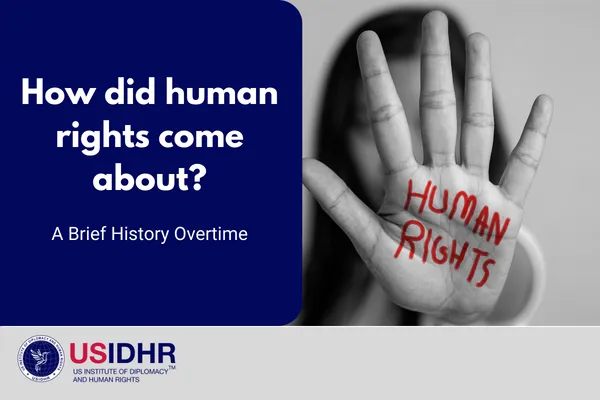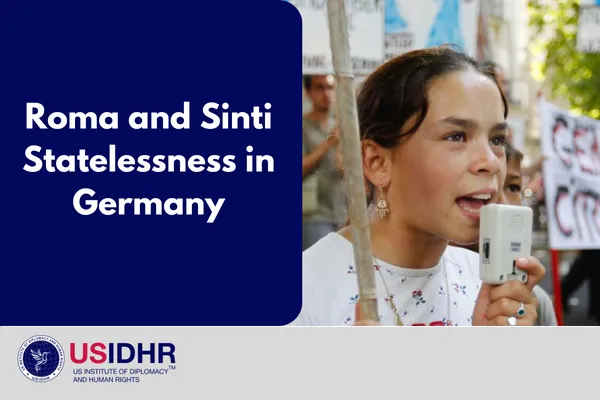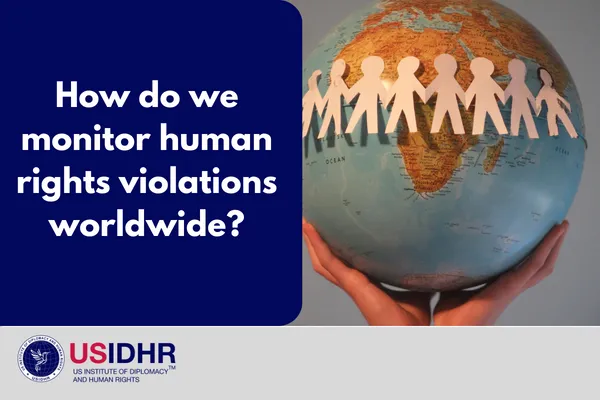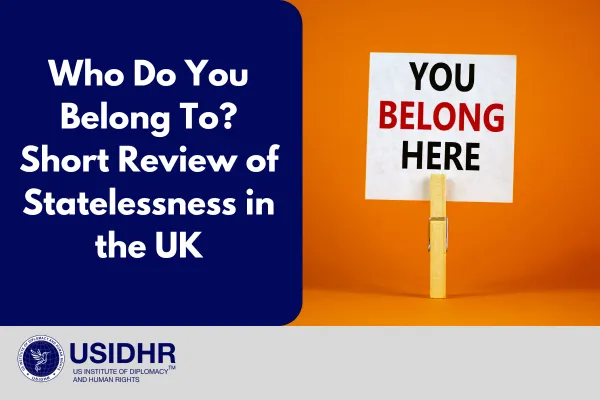
Who Do You Belong To? Short Review of Statelessness in the UK
January 25, 2022 by usidhr.org
7 min read
Under Article 15 of the Universal Declaration of Human Rights, everyone has a right to a nationality. ‘Moreover, no one shall be arbitrarily deprived of his nationality nor denied the right to change his nationality’ (UDHR 1948)[1].
Nationality is the status of belonging to a particular nation or country and denotes where an individual has been born. This is not to be confused with Citizenship, which is a legal status.
What is Statelessness and what are the consequences?
With an estimated 10 million globally (UNHCR, 2017)[2], a stateless person is someone who under national laws, does not enjoy citizenship in any country.
Without citizenship, stateless people have no legal protection, no right to vote, and oftentimes lack access to education, employment, health-care, and property rights. Furthermore, stateless people can encounter travel restrictions, social exclusion, and heightened vulnerability to sexual and physical violence, trafficking, exploitations, and other forms of abuse. Evidently, stateless individuals often have their most basic human rights breached as a result of having no legal bond with the country in which they are living.
What are the current laws in the UK regarding statelessness?
The UK’s official stance is, the “stateless” are able to apply for ‘leave to remain in the UK because they have nowhere else to go’ (Gbikpi, 2019)[4]. The legal acceptance of stateless persons only came into effect in 2013 in the UK, prior to this they would have to remain in the country unlawfully (Asylum Aid, 2016)[6].
Initially, a stateless individual was only able to apply for 2.5 years of legal residence. In 2016 this was extended to 5 years, a welcome change, but nonetheless, not without its problems (Orchard, 2019)[5].
What are the flaws with the UK’s approach to statelessness?
The UK government’s approach to statelessness has been subject to multiple concerns. Such flaws include the fairness of decisions regarding applications, and statelessness not being considered a protection issue (Asylum Aid, 2016)[6]. There have been calls for the Home Office (the lead government department for immigration and passports, drugs policy, crime, fire, counter-terrorism, and police)[7] to take precautions in ensuring decisions on applications are fair; due to only 5.2% of applications being granted in 2016 (Asylum Aid, 2016)[6]. Not only are few applications granted, but the decision-making process is lengthy. Over this decision period, these individuals can to access the support or resources most of them so desperately need, often leading to worse conditions in the long-run (Asylum Aid, 2016)[6]. If an individual wishes to apply for permanent residence in the UK, they must have “completed 5 years leave to remain as a stateless person” (Orchard, 2019)[5]. Essentially, putting people’s lives on hold for 5 years to wait for eligibility, as many of these individuals have been residing in the UK already.
How does being stateless affect these people?
Stateless individuals' daily existence is often plagued by fear and discrimination. In the UK, these people often become trapped in ‘a cycle of depression and destitution, leaving them on the fringes of society’ (UNHCR, 2017)[2]. The system in place, as examined above, does little to alleviate such issues for stateless individuals.
Currently, in the UK, there are hundreds of former Malaysian citizens ‘who were rendered stateless more than a decade ago’ (Bulman, 2019)[8]. These individuals accepted a BOC passport, which they believed would grant them citizenship of the UK (Bulman, 2019)[8]. The Home Office is aware that these individuals are essentially trapped and left unable to work, or access necessary resources (Bulman, 2019)[8]. Yet, they remain in limbo and are receiving no governmental support.
Conclusion:
Although stateless individuals can now apply to legally reside in the UK, the system is not without flaws. Those already vulnerable individuals are slipping through the cracks daily. There is a definite need for the government to view statelessness as a protection issue, and work with the Ministry of Justice to bring ‘applications within scope for legal aid’ (Asylum Aid, 2016)[6]. Despite being stateless, these individuals have human rights, which must be honored and respected by governments and the communities in which they live.
Reference list:
[1] Universal Declaration of Human Rights (1948). [https://www.ohchr.org/EN/UDHR/Documents/UDHR_Translations/eng.pdf]
[2] UNHCR (2017). [https://www.unhcr.org/news/stories/2017/11/5a1c04ac4/nowhere-people-uk-show-highlights-plight-of-stateless-in-uk.html]
[3] Vladoiu, I (2020). [https://www.youtube.com/watch?v=kt8b-0uJw_I&t=355s]
[4] Gbikpi (2019).[https://www.freemovement.org.uk/statelessness/]
[5] Orchard (2019). [https://www.statelessness.eu/blog/uk-home-office-changes-immigration-rules-statelessness-mixed-bag]
[6] Asylum Aid (2016). [https://www.refworld.org/pdfid/583461154.pdf]
[7] (Gov.uk). [https://www.gov.uk/government/organisations/home-office/about#:~:text=The%20Home%20Office%20is%20the,%2C%20counter%2Dterrorism%20and%20police.]
[8] Right to Remain (2019).[https://righttoremain.org.uk/leave-to-remain-as-a-stateless-person-in-the-uk/]
[9] UN Refugee Agency (2017). [https://www.unhcr.org/news/stories/2017/11/5a1c04ac4/nowhere-people-uk-show-highlights-plight-of-stateless-in-uk.html]
[10] Bulman (2019). [https://www.independent.co.uk/news/uk/home-news/windrush-home-office-citizenship-visa-immigration-british-overseas-passport-malaysian-stateless-scandal-latest-a9093666.html]
Join One of Our Certificate Trainings:
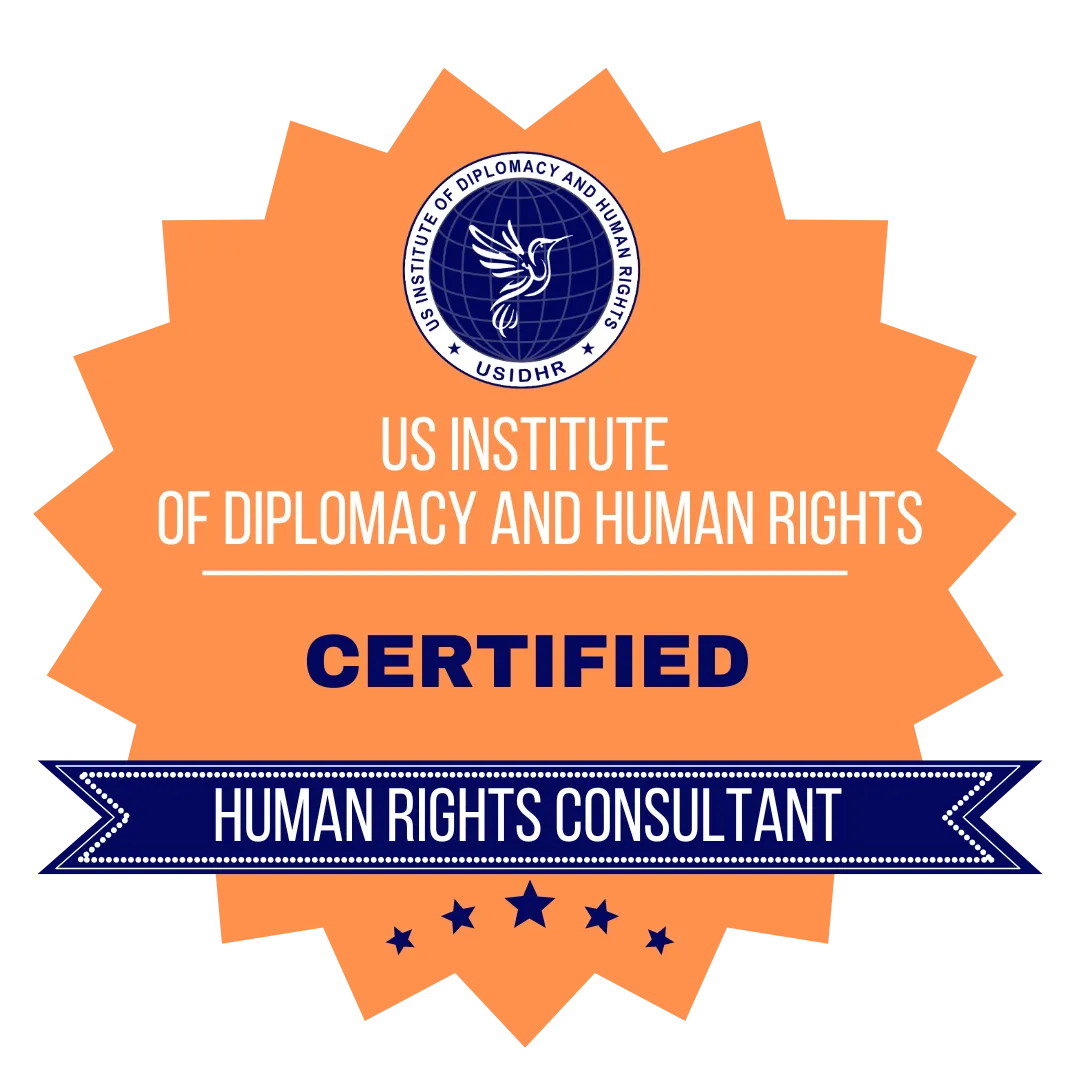
Human Rights Education Certification Training
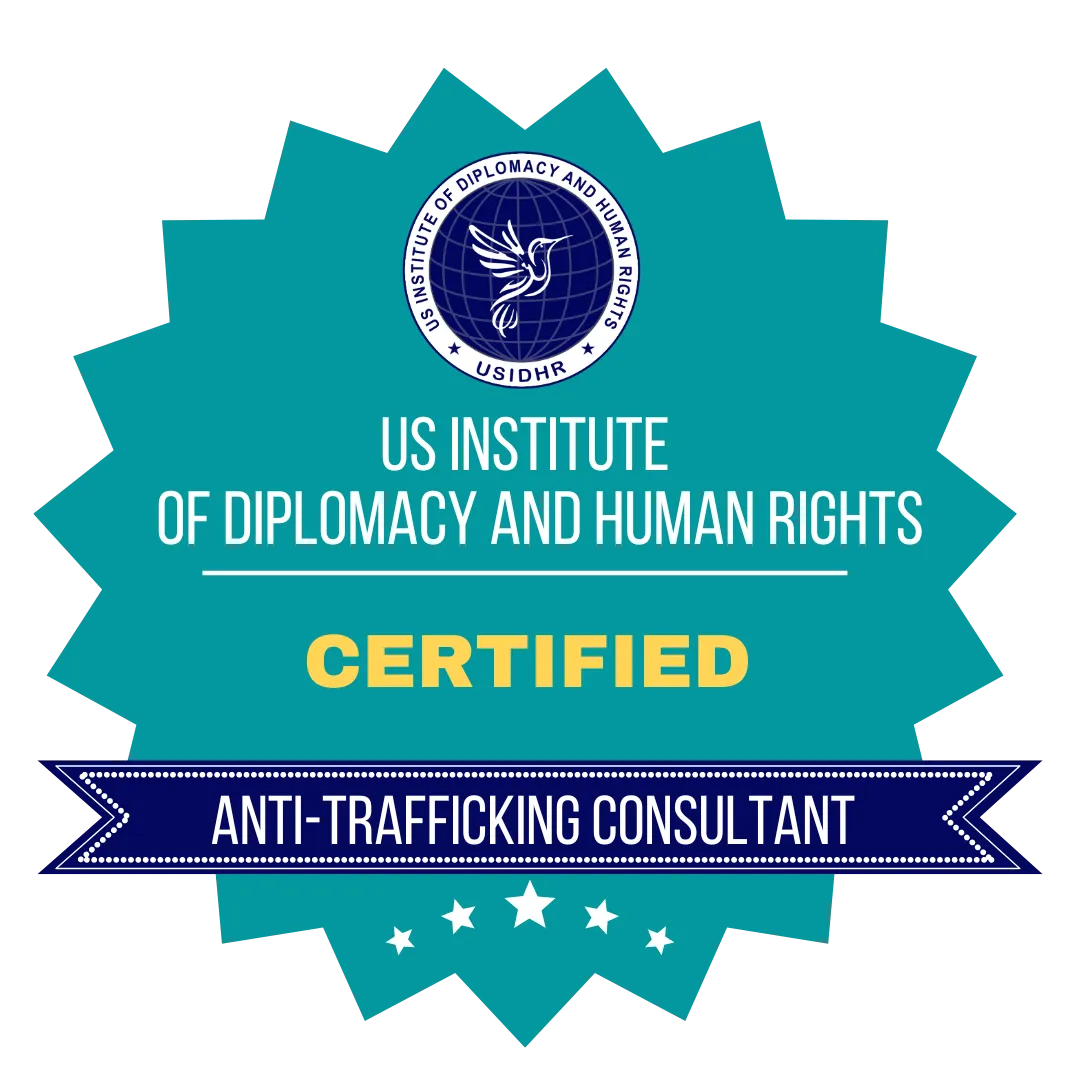
Human Trafficking Certification
Training
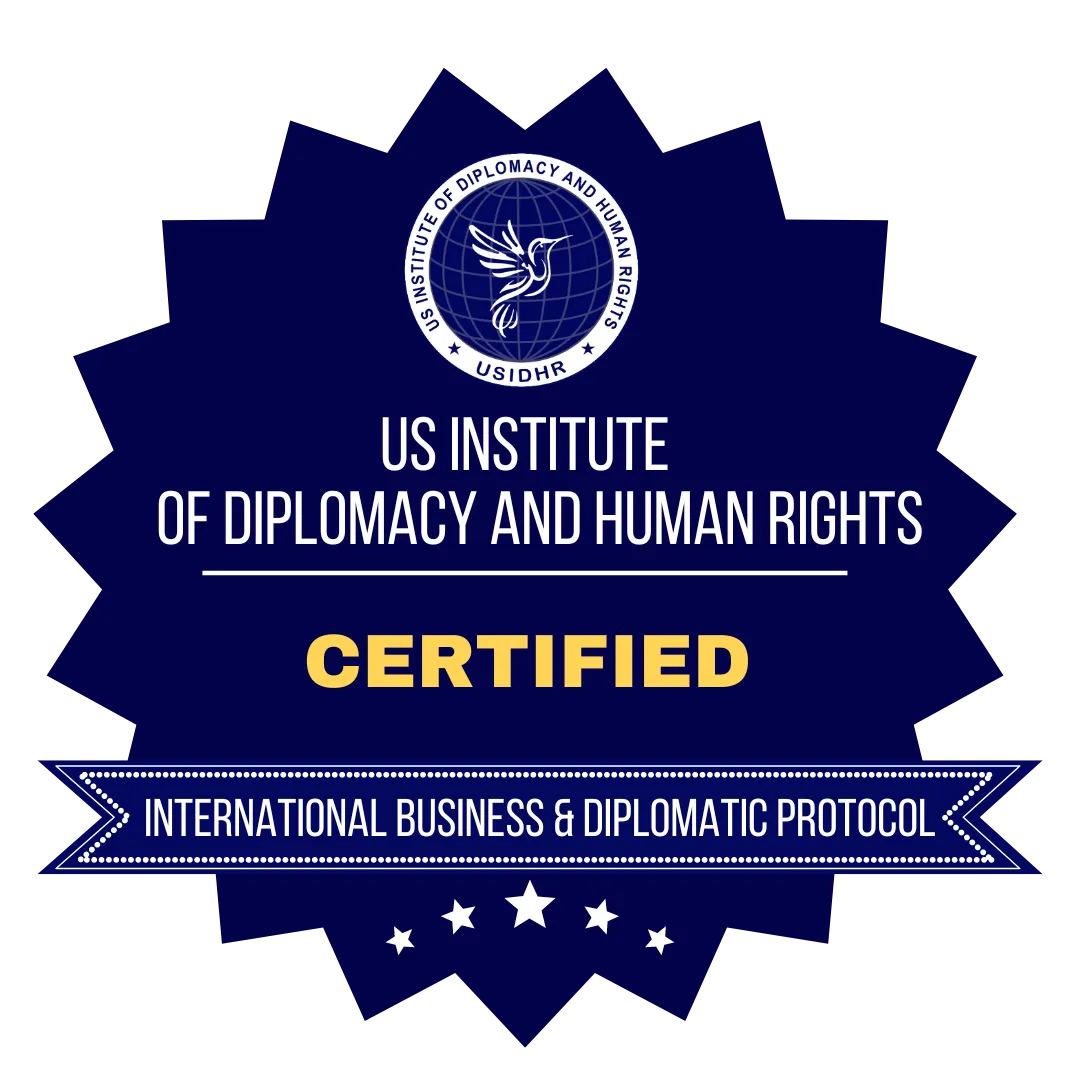
International Business and Diplomatic Protocol Certification
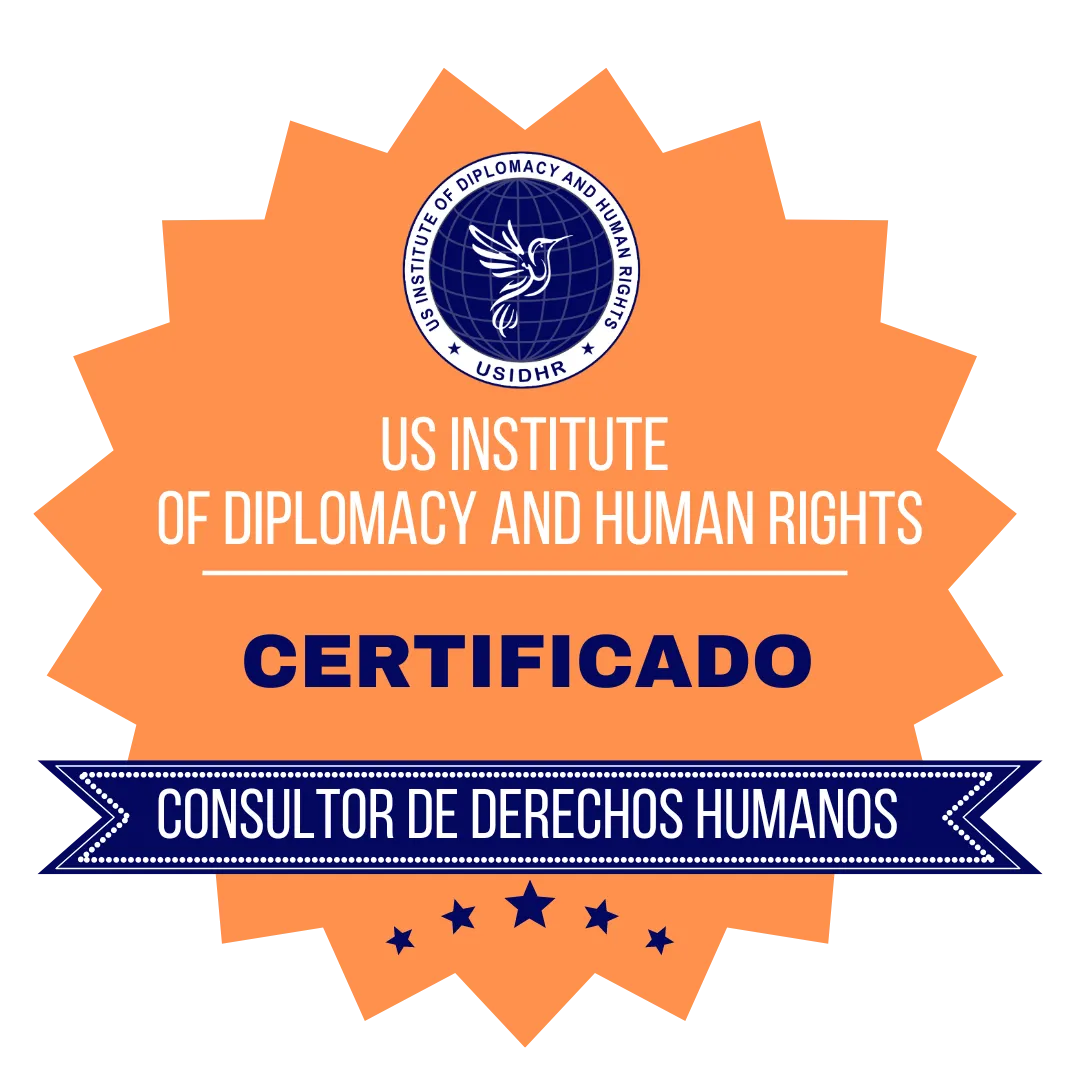
Capacitación En Derechos Humanos
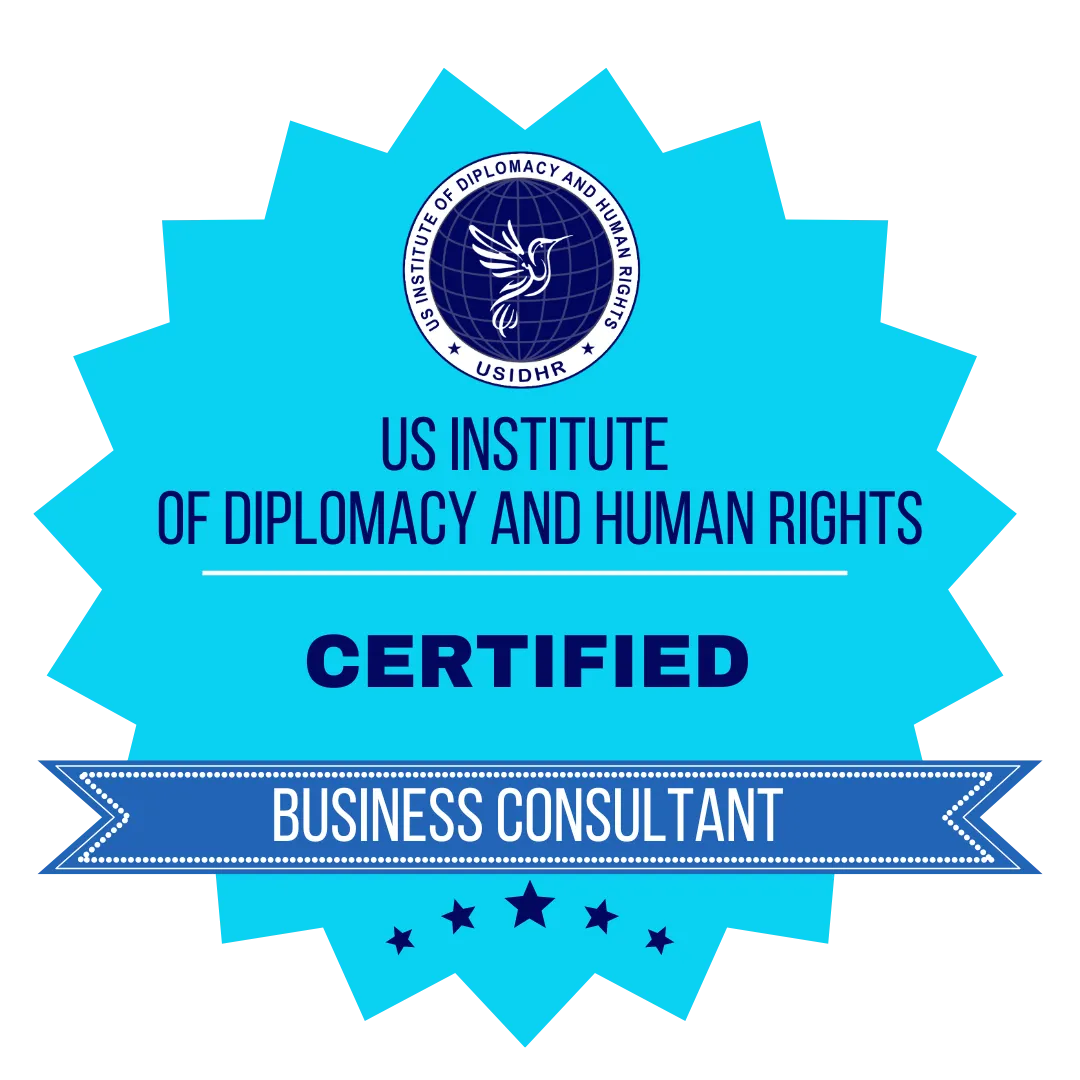
Business Consulting Certification Training
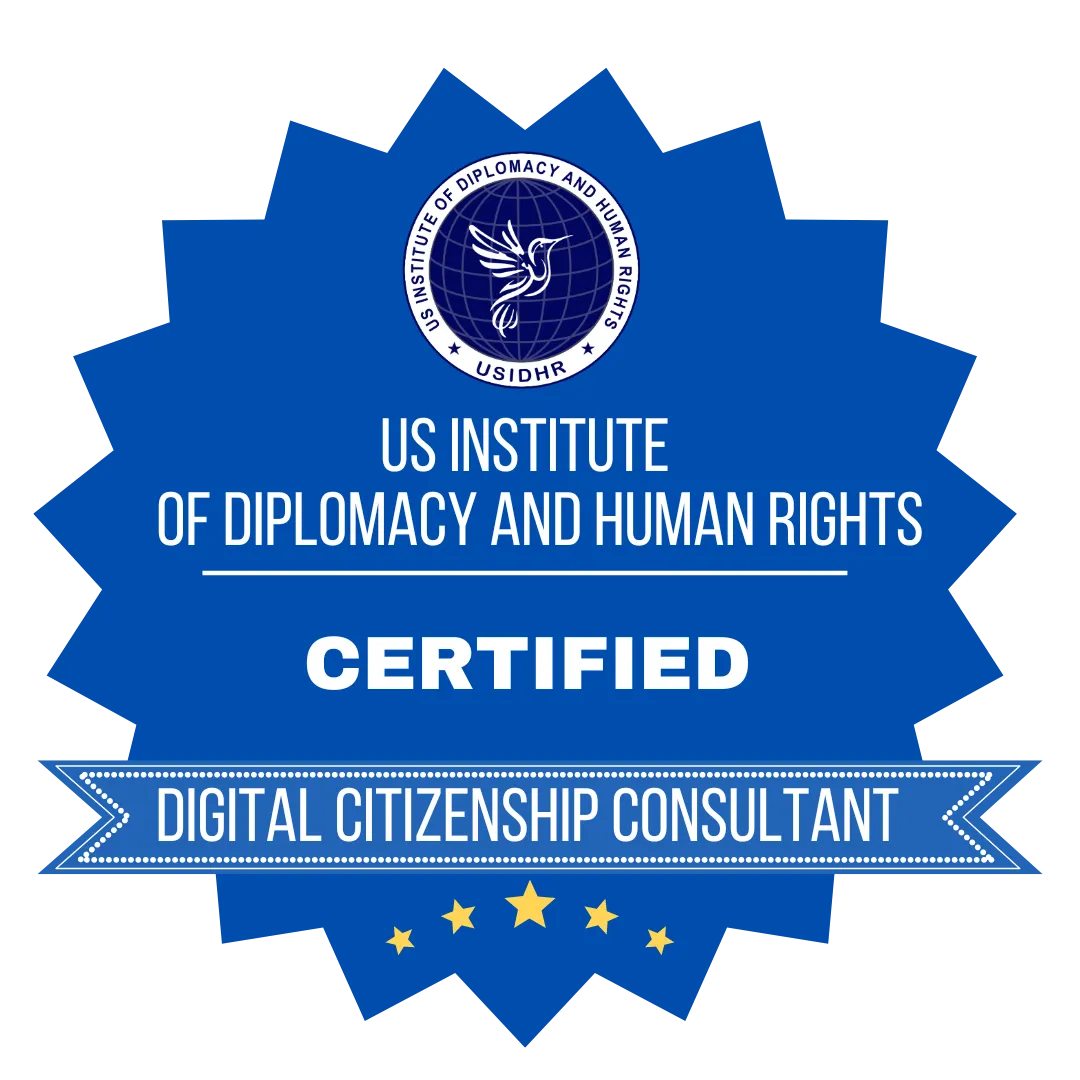
Digital Citizenship Certification
Training

The US Institute of Diplomacy and Human Rights (USIDHR) is an International Continuing Professional Development (CPD) Accredited Organization. Accredited CPD training means the learning activity has reached the required Continuing Professional Development standards and benchmarks. The learning value has been scrutinized to ensure integrity and quality. The CPD Certification Service provides recognized independent CPD accreditation compatible with global CPD requirements

US Institute Of Diplomacy And Human Rights
1250 Connecticut Ave NW Ste 700, Washington, DC 20036


